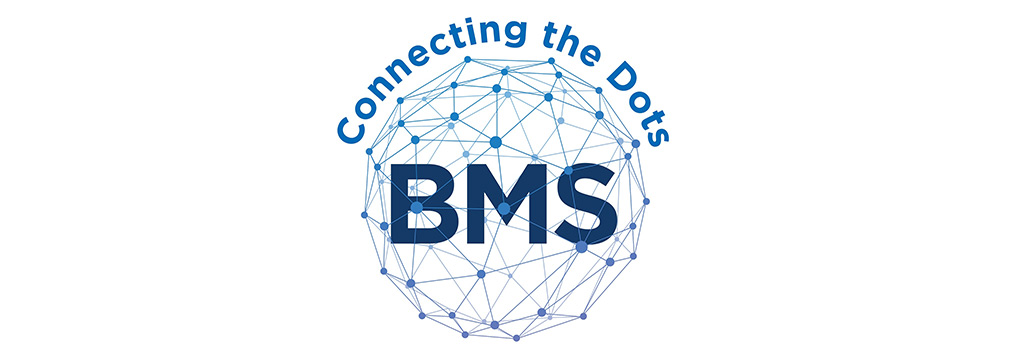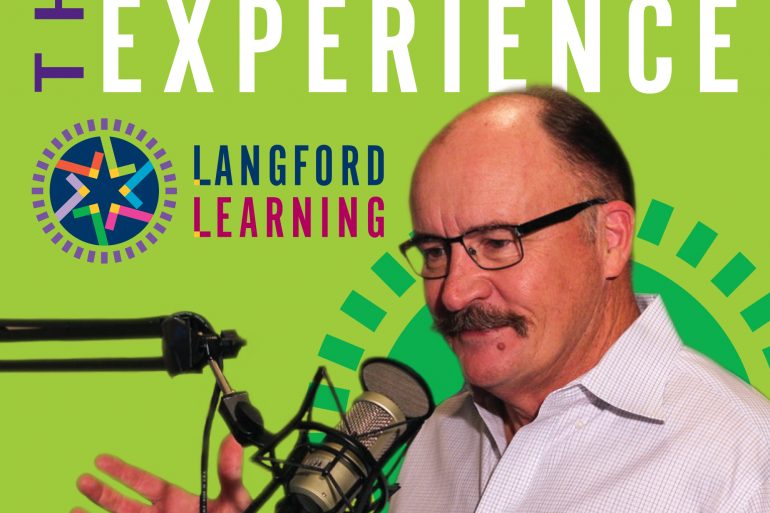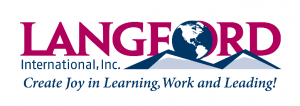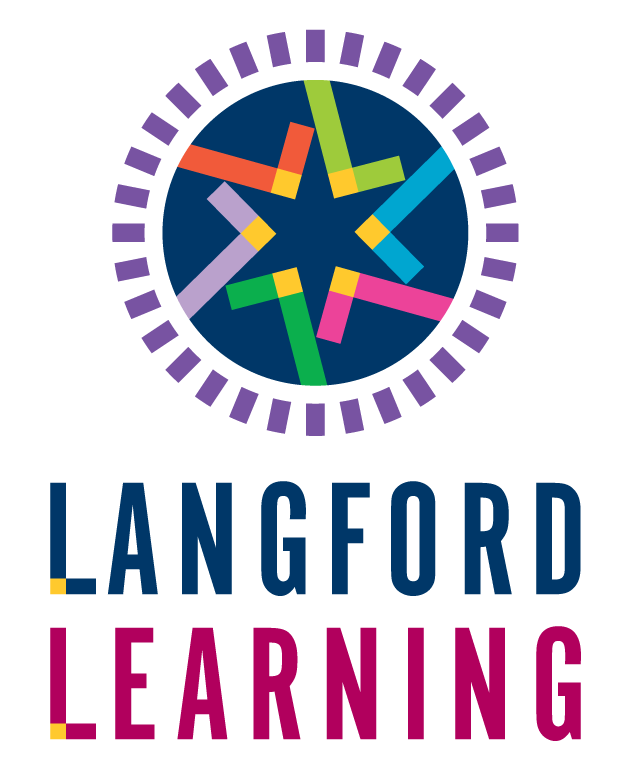How to Track Progress (Continued): Deming in Education with David P. Langford (Part 3)
- David Langford
- Education, Podcast
- 0 Comments
In this episode, David and Andrew continue to talk about the thorny problem of tracking student progress - grading - and how to remove it from the classroom.









